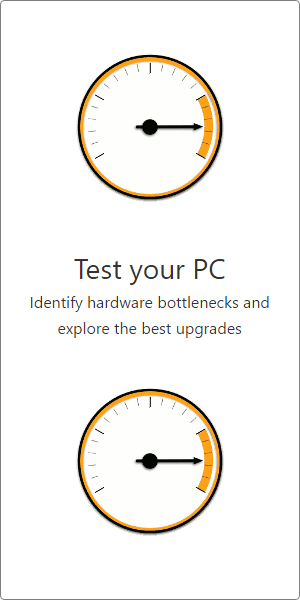Effective Speed
+12%
Poor: 76%
Great: 100%
SPEED RANK: 167th / 1468
Poor: 91%
Great: 108%
SPEED RANK: 93rd / 1468
| Effective Speed
Effective CPU Speed |
88.4 % | 99.3 % | Faster effective speed. |
Average Score
+20%
Overclocked Score
+13%
Value & Sentiment
+60%
Nice To Haves
+7%
Specifications
Conclusion
Average Bench 88.4%
Average Bench 99.3%
User Builds
746,287
43,966
Systems with these CPUs
Top Builds that include these CPUs
Frequently Asked Questions
Processors FAQ
ALL FAQs »

 CPU
CPU
